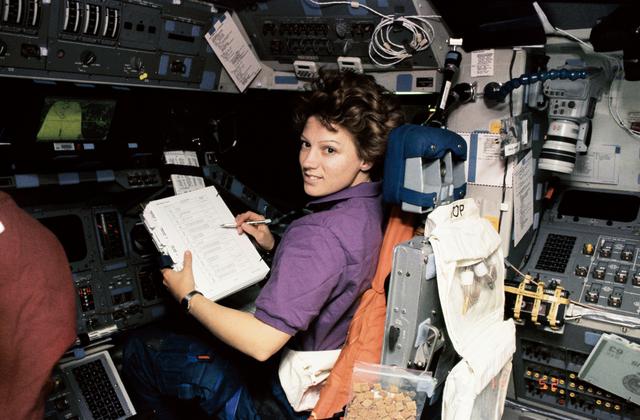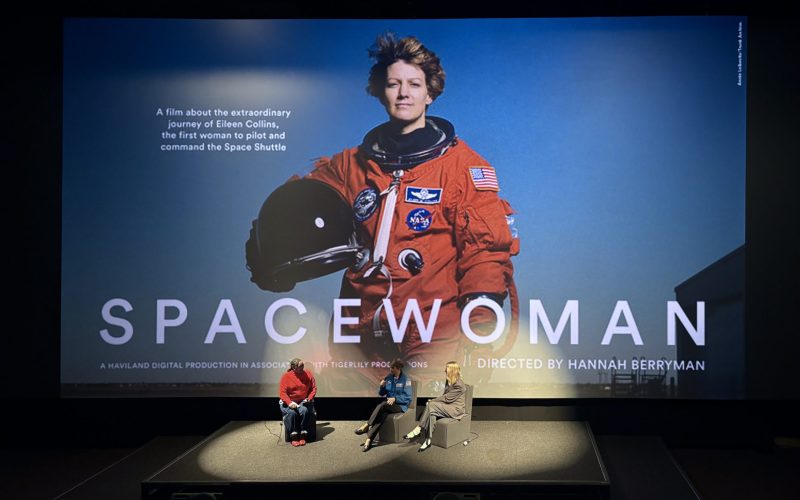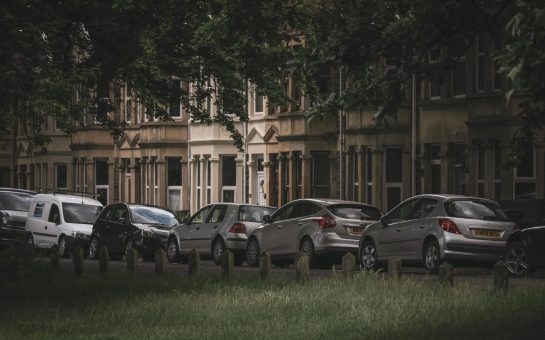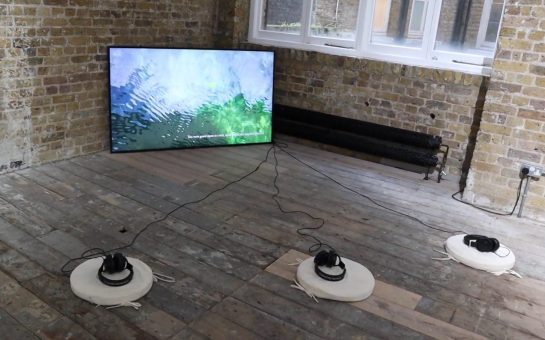NASA’s first woman pilot spoke at Hackney Picturehouse following the screening of a new documentary about her ground-breaking career.
Colonel Eileen Collins drew a full house to the east London cinema on Saturday, as part of a special event on the UK premiere tour of Spacewoman.
The acclaimed Shuttle commander joined director Hannah Berryman for a post-screening Q&A that received a standing ovation from the audience.
The pair discussed the themes explored by the documentary, which blends archival footage with present-day reflections to capture both the technical skill and strength of character behind the Colonel’s success.
Collins told the crowd: “Nobody has a perfect life, everyone has problems, and we work our way through them.
“We take our problems as challenges.”
From an underprivileged, turbulent upbringing to navigating a male-dominated field, Spacewoman traces the countless obstacles Collins overcame to secure her place as a Shuttle pilot in NASA’s 1995 class.
Before then, only the 1978 cohort had included women astronauts, but all six were recruited as mission scientists rather than pilots.
Berryman explained this was what drew her to Collins’ story.
She said: “I wanted to make a documentary about the woman who was doing the Top Gun thing that, until then, had been reserved for men.”
Asked by an audience member about the expectations placed on her, Collins spoke about that first mission and the weight of knowing her performance would shape the future of women in spaceflight.
She added it had been twice as important that her flight ran smoothly and said: “I didn’t want people to say, ‘oh, look — the woman made the mistake’.”

Spacewoman also captures the psychological toll that Collins’ career took on her family, especially after the 2003 Columbia disaster, which killed seven astronauts.
But for Collins, who by that time had become NASA’s first woman commander, it was the heavily anticipated ‘Return to Flight’ mission in 2005 that cemented her as one of the greats, regardless of gender.
After a repeat of the engineering fault that caused the Columbia tragedy, Collins saved the day by executing a risky 360-degree roll of the Shuttle.
Speaking about the previously untested manoeuvre, she said: “There were engineers and managers saying it couldn’t be done, and I said: ‘It sounds like we can do it.’”
Spacewoman is now showing in cinemas nationwide, while visitors to London’s Science Museum can see the spacesuit worn by the first Briton in space, Helen Sharman.
Feature image: Elizabeth Francis





Join the discussion